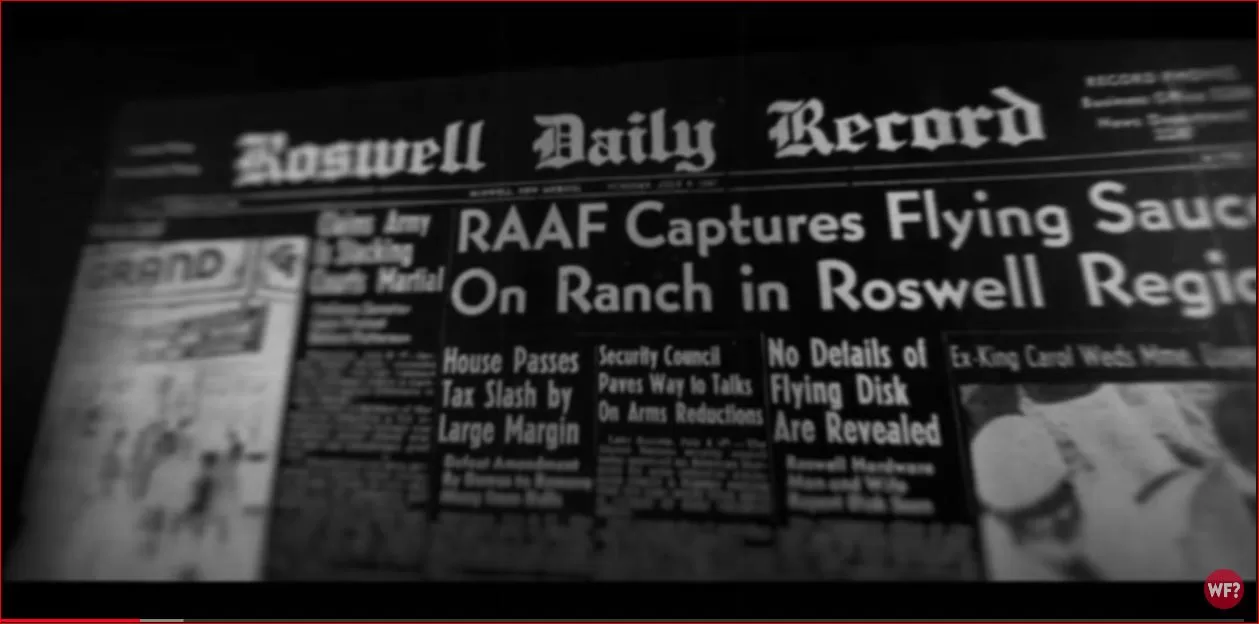The Cultural Impact of Aliens in Media
The Cultural Impact of Aliens in Media
Aliens have long been a staple of various media forms, from the earliest days of literature and film to the latest digital games and virtual reality experiences. These extraterrestrial beings, with their diverse appearances, technologies, and philosophies, serve as a mirror reflecting humanity’s greatest hopes, fears, and ethical dilemmas. This exploration aims to dissect the multifaceted role of aliens in media, shedding light on how these interstellar characters have influenced and been integrated into human culture.
Aliens in Literature and Film
The portrayal of aliens in literature and film has been instrumental in shaping public perceptions of extraterrestrial life. H.G. Wells’ “The War of the Worlds,” first published in 1898, is a seminal work that introduced the concept of an alien invasion to the public consciousness, setting the stage for a genre that would explore the complex interactions between humans and aliens. In the realm of film, classics like “2001: A Space Odyssey” (1968) and “Close Encounters of the Third Kind” (1977) have delved into the profound implications of encountering extraterrestrial intelligence, emphasizing themes of awe, wonder, and the universal desire for connection.
Themes and Archetypes
Alien-related media often explore a range of themes and archetypes that resonate deeply with human experience. One prevalent theme is the fear of the unknown, where aliens serve as the ultimate representation of the unexplored and the unfamiliar, challenging our understanding of the world and ourselves. Invasion narratives, such as those seen in “Independence Day” (1996), play on collective anxieties about losing control and facing a superior force, while stories like “E.T. the Extra-Terrestrial” (1982) examine the concept of ‘otherness’ and the potential for empathy and friendship across cosmic divides.
Impact on Popular Culture
The influence of aliens in media extends far beyond the confines of literature and film, permeating popular culture in myriad ways. Fashion, for example, has seen trends inspired by alien aesthetics, from metallic materials and futuristic designs to clothing lines explicitly themed around extraterrestrial motifs. Language, too, has been enriched by alien-related media, with terms like “UFO,” “extraterrestrial,” and “alien abduction” becoming part of the global lexicon. Furthermore, the portrayal of aliens has prompted societal reflection on themes of inclusivity, diversity, and the ethical treatment of ‘the other,’ encouraging a broader conversation about tolerance and understanding in the face of difference.
The cultural impact of aliens in media is profound, influencing not only our entertainment and aesthetics but also our societal attitudes and philosophical outlooks. Through the lens of alien encounters, humanity has explored the depths of its fears, hopes, and ethical dilemmas, making these narratives much more than mere escapism. They are a vital part of our ongoing quest to understand the universe and our place within it, offering endless possibilities for reflection, inspiration, and connection. As we continue to gaze up at the stars, the stories we tell about the beings that might dwell beyond serve as a powerful testament to the human imagination and its capacity to envisage worlds far different from our own.


